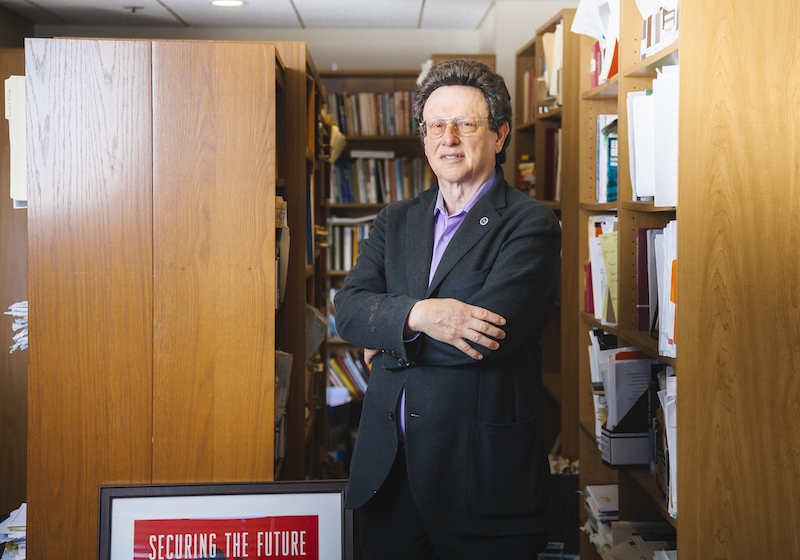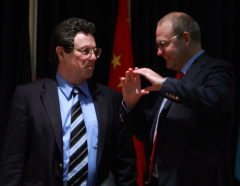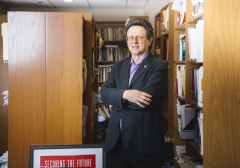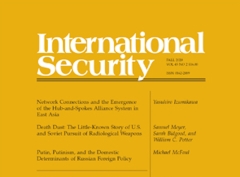From a Novel Idea to a World-Class Center
Learn more about the ambitious yet humble beginnings of the Middlebury Institute’s James Martin Center for Nonproliferation Studies (CNS), its serendipitous journey made possible thru historic events, chance encounters, and the relentless dedication of its founder, Dr. Bill Potter.




